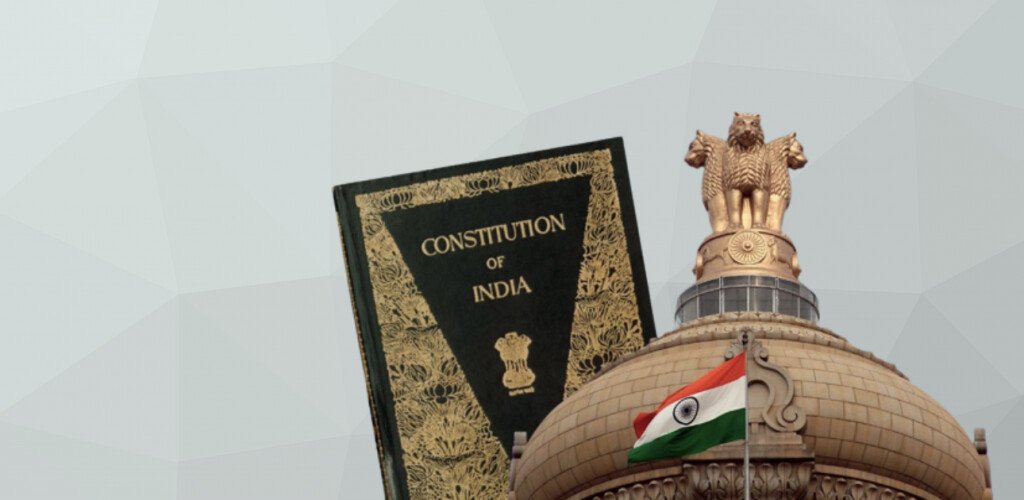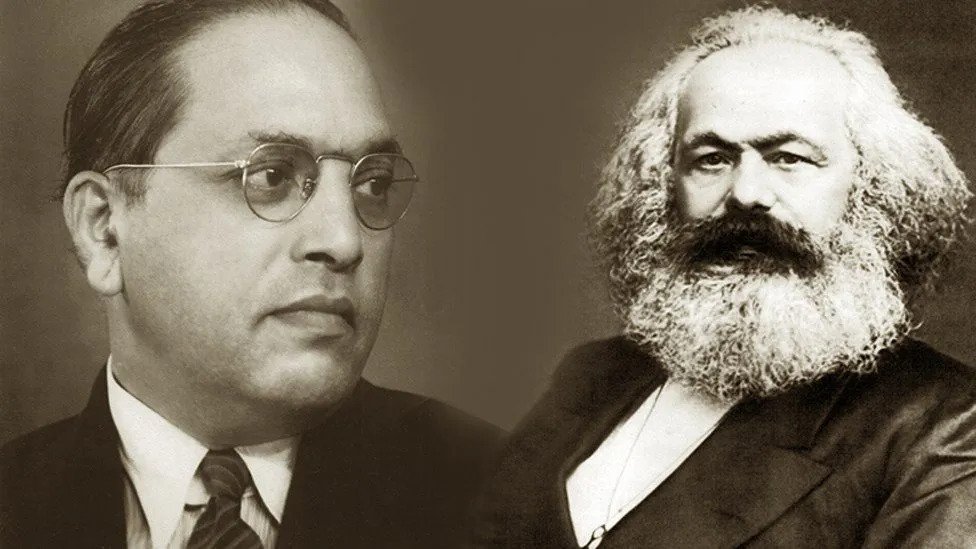By: Dipak Kurmi
Despite facing a second no-trust motion, the Narendra Modi government is expected to prevail once again, just as it did in 2018, owing to its significant parliamentary majority with 303 MPs. However, it is crucial to remember that governments are elected to uphold law and order, and their failure to do so undermines the fundamental framework of the Constitution. Consequently, the ongoing genocide in Manipur can no longer be considered solely India’s “internal matter”; it has now evolved into a matter of global concern, exemplified by the European Parliament’s active discussion on the issue. The right to life of the tribals in Manipur is explicitly safeguarded by Article 21 of the Constitution, making it imperative for action to address this serious human rights violation.
The incident of two women being recorded on video and paraded naked was met with serious concern, prompting the 50th CJI Dhananjaya Chandrachud to issue a warning to the government, urging them to apprehend the perpetrators. Adding to the gravity of the situation, a 20-year-old woman who was subjected to rape revealed that the police themselves handed both women over to the mob, resulting in further sexual assault and brutality. This appalling incident not only violated their right to life but also exposed a complete mockery of justice and protection by the authorities.
The accusation made by Opposition leader Mallikarjun Kharge against the government, alleging that his microphone is intentionally turned off when he attempts to speak, is a grave and significant charge. In another concerning incident, authorities have been accused of charging a Manipuri Ph.D. student with sedition after he accused the N. Biren Singh government of being involved in the riots. The prolonged 85-day duration it took the government to control the chaos in Manipur further emphasizes the notion that those entrusted with upholding the Constitution have, in fact, undermined its fundamental structure.
Critics and clerics have written about the N. Biren Singh government’s alleged plan for a demographic experiment aimed at replacing the tribals (a majority of whom are Christians) with a influx of migrants. According to these sources, the government has been accused of supporting and sponsoring most of the riots in the region.
Riots, such as the 1992 Mumbai riots that claimed the lives of 575 Muslims and 275 Hindus, the Gujarat riots in 2002 resulting in the deaths of over 1000 Muslims, and the Delhi riots in 1984 and 2020 where Sikhs and Muslims died alongside Hindus, are believed to be fueled by state complicity.
The Opposition’s dissatisfaction with the lack of discussion on Manipur during Parliament’s monsoon session led to continuous slogans being raised on the fifth day. This came after the Speaker accepted two no-confidence resolutions against the Modi government. Prime Minister Narendra Modi chose not to stay in Parliament to respond to the charges brought forward by the I.N.D.I.A alliance, leaving Home Minister Amit Shah to address the concerns on his behalf.
Several months ago, there was a distressing incident where an 18-year-old woman was subjected to rape and brutal assault. According to media reports, the victim identified a group of women known as Meira Paibis (also known as Mothers of Manipur) who allegedly handed her over to four men dressed in black. These men then proceeded to brutally rape and assault her on May 15 in Imphal (East). A zero FIR was finally registered on July 21, acknowledging the seriousness of the crime. Moreover, numerous cases of Kuki women enduring sexual abuse during the riots have been reported, highlighting the alarming nature of the situation.
The statement made by Prime Minister Modi, expressing shame for the rape and public humiliation of the two women, was perceived as delayed and inadequate by many, given the gravity of the incident. Just like the victims of the riots in Mumbai, Gujarat, and Delhi, justice continues to evade the Manipuri people. The lack of timely and effective action in addressing such heinous crimes has contributed to a sense of injustice and disappointment among the affected communities.
The situation in Manipur has escalated to a point where it resembles a civil war, with police armouries being looted and tensions rising between the Kuki and Meitei communities. The spark for this conflict was an order issued by the Manipur high court, which was met with disapproval from the Kuki tribals. The unrest has even spilled over to neighboring Mizoram, amplifying the scale of the crisis. Consequently, Article 342, which is meant to protect and preserve the unique culture of the tribes, has lost its significance and become a mere façade, much like its counterpart, Article 21, which declares that even non-citizens (aliens) cannot be deprived of their right to life without due legal process. The prevailing turmoil has undermined the very essence of these constitutional provisions, leaving a sense of chaos and disregard for fundamental rights.
The Opposition employs the no-confidence motion as a strategic tool to spotlight the failures of the BJP government in Parliament. These recent no-trust motions presented by the Congress and the BRS serve to demonstrate the unity among the Opposition parties. In the past, the Modi government effectively withstood the no-confidence motion in 2018 with a majority of 199 votes, a stark contrast to the fate of the Atal Behari Vajpayee government in 1996, which fell due to a deficiency of a single vote. Unfortunately, it appears that the government will once again survive the current no-confidence motion, raising concerns that the Constitution’s integrity might continue to be compromised, given the government’s expected success in the face of such motions.
The government’s actions have withheld information about the border situation with China, citing national security concerns, thereby depriving the people of their right to be informed. However, in a contrasting approach, the government has seemingly allowed the situation in Manipur to spiral out of control, resulting in rampant chaos and violence. Consequently, the fundamental right to life, which is enshrined as an integral part of Article 21, has been effectively negated. Both Article 21 and the independence of the judiciary are vital components of the Constitution’s basic structure. Regrettably, the ongoing riots in Manipur have left the very essence of this Constitution defiled and destroyed. The stark disparity in the government’s actions raises serious questions about the upholding of constitutional principles and values.
The Supreme Court has consistently emphasized that “informed consent” is a crucial aspect of democracy and, akin to judicial independence, constitutes an integral part of the basic structure of the Constitution. However, the recent incidents of widespread destruction of churches and homes in Manipur, along with marauding mobs invading a women’s hostel in search of victims to rape, have severely undermined the fundamental principles of the Constitution. These horrifying events have, in essence, buried the very essence of the basic structure doctrine, as the sanctity of “informed consent” and the right to safety and security have been gravely violated. The disturbing developments in Manipur serve as a stark reminder of the urgent need to safeguard and uphold the core values that define the constitutional framework of the nation.
In the previous year, Vice President Jagdeep Dhankar raised a pertinent question concerning the Supreme Court’s exercise of jurisdiction when it introduced the basic structure doctrine through the 1973 Kesavananda Bharati case. The Vice President expressed concerns over the Court’s imposition of limitations on Parliament, asserting that certain inalienable rights were beyond Parliament’s authority to abrogate. This action of placing fetters on Parliament gave rise to doubts regarding the true essence of our democratic system. The Vice President’s inquiry brought into question the extent to which we can genuinely claim to be a democracy when core aspects of legislative authority seem to be constrained by judicial interpretation.
In a speech delivered last year, the Vice President expressed his disapproval of the judiciary’s decision to invalidate the National Judicial Appointments Commission Act, 2015, and the 99th amendment, which had received ratification from 16 out of 29 state legislatures. According to Vice President Dhankar, Parliament, as the representative of the people, should not be subjected to limitations imposed by the judiciary through the evolution of the basic structure doctrine. He opined that such actions hinder the autonomy of Parliament and the power vested in it to serve the interests of the nation and its citizens. By raising these concerns, the Vice President highlighted the delicate balance between the roles of the judiciary and the legislature in upholding the democratic principles of the country.
The Bombay Lawyers’ Association had filed a Public Interest Litigation (PIL) in the Supreme Court seeking the disqualification of both Vice President Dhankar and former Law Minister Kiren Rijiju for their criticism of the judiciary’s evolution of the basic structure doctrine. As expected, the Supreme Court rejected this PIL, asserting that the government maintains its authority over the country, even if certain situations may seem to lead democracy towards mobocracy, as seen in Manipur. This dismissal by the Supreme Court reaffirms the principle that the government continues to function and govern the nation, upholding its responsibilities, despite any criticism or challenges posed in the democratic process.
The current turmoil in Manipur has left our Constitution, much like the basic structure doctrine, in shambles and disarray. The ongoing mayhem and chaos have taken a toll on the very fabric of our nation’s governing principles, leaving them in tatters and severely compromised. The situation in Manipur serves as a stark reminder of the urgent need to address the prevailing unrest and uphold the sanctity of our Constitution, which is the bedrock of our democracy and ensures the protection of fundamental rights and values. (The writer is a journalist and commentator based in Guwahati, can be reached at dipaknewslive@gmail.com)







